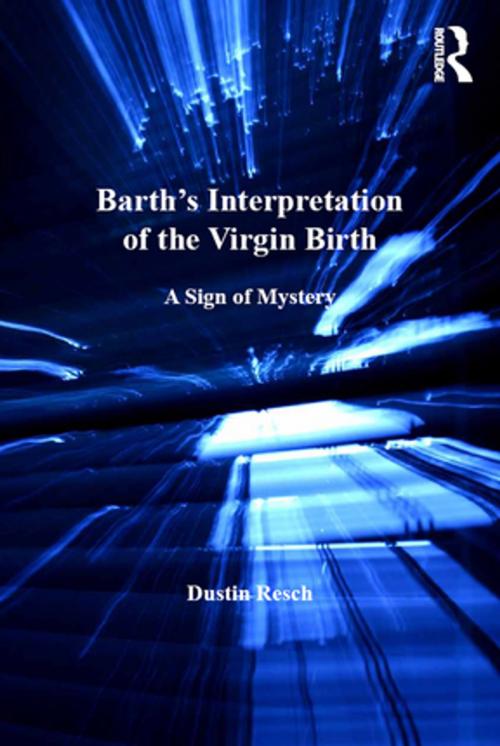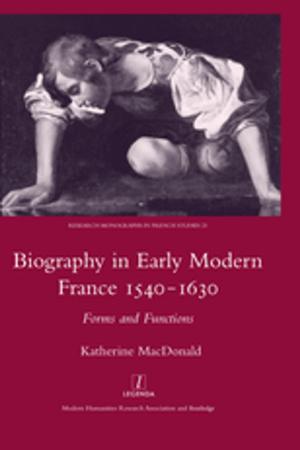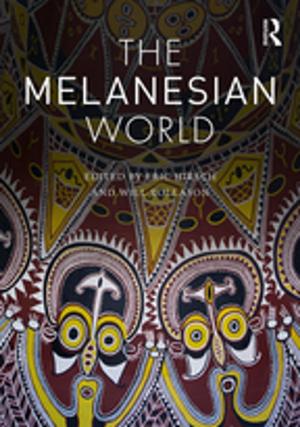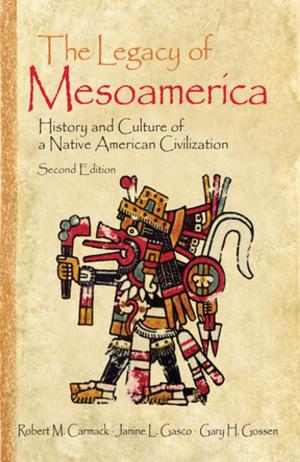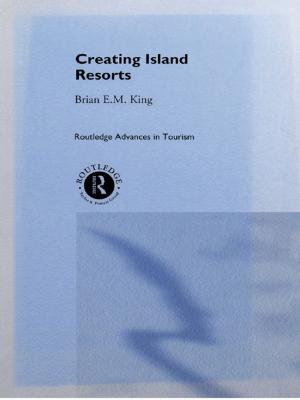Barth's Interpretation of the Virgin Birth
A Sign of Mystery
Nonfiction, Religion & Spirituality, Christianity, General Christianity, Theology| Author: | Dustin Resch | ISBN: | 9781317176107 |
| Publisher: | Taylor and Francis | Publication: | April 8, 2016 |
| Imprint: | Routledge | Language: | English |
| Author: | Dustin Resch |
| ISBN: | 9781317176107 |
| Publisher: | Taylor and Francis |
| Publication: | April 8, 2016 |
| Imprint: | Routledge |
| Language: | English |
The doctrine of the virgin birth is intricately woven within the texture of the liturgy, theology and piety of all branches of the Christian Church. In spite of its enduring influence, the doctrine has been dogged by criticism, particularly in the modern era. By the 20th century, the teaching of the virgin birth was rejected by the majority of Protestant theologians in Europe. Rejecting the conclusion of many of his contemporaries-including that of his own father-the Swiss theologian, Karl Barth (1886-1968), argued vehemently that, understood aright, the doctrine of the virgin birth plays a crucial role in Christian thought. Barth's legacy in this regard is widely regarded as providing the most influential rehabilitation of the doctrine among Protestants. This book offers a comprehensive account and analysis of Barth's interpretation of the doctrine of the virgin birth. Setting the doctrine in the context of the western Christian tradition, Resch examines it in relation to Barth's discussions in the Church Dogmatics of Christology, pneumatology and the interpretation of Scripture. The importance of this study lies in the way that it reveals Barth's continuity and discontinuity with both the classical Augustinian tradition of interpreting the virgin birth and the criticisms of the modern era, but especially in the way in which attention to Barth's doctrine of the virgin birth reveals his assumptions about the nature of history, humanity and the identity of Jesus Christ. As a 'fitting' sign of the mystery of the incarnation, Barth argued that the virgin birth expressed the dialectic of God's 'No' to sin and 'Yes' to humanity in his free act of revelation and reconciliation. As such, the doctrine of the virgin birth functioned for Barth as a paradigm through which to understand the fashion of God's work upon human beings and the suitable posture of the human being before God.
The doctrine of the virgin birth is intricately woven within the texture of the liturgy, theology and piety of all branches of the Christian Church. In spite of its enduring influence, the doctrine has been dogged by criticism, particularly in the modern era. By the 20th century, the teaching of the virgin birth was rejected by the majority of Protestant theologians in Europe. Rejecting the conclusion of many of his contemporaries-including that of his own father-the Swiss theologian, Karl Barth (1886-1968), argued vehemently that, understood aright, the doctrine of the virgin birth plays a crucial role in Christian thought. Barth's legacy in this regard is widely regarded as providing the most influential rehabilitation of the doctrine among Protestants. This book offers a comprehensive account and analysis of Barth's interpretation of the doctrine of the virgin birth. Setting the doctrine in the context of the western Christian tradition, Resch examines it in relation to Barth's discussions in the Church Dogmatics of Christology, pneumatology and the interpretation of Scripture. The importance of this study lies in the way that it reveals Barth's continuity and discontinuity with both the classical Augustinian tradition of interpreting the virgin birth and the criticisms of the modern era, but especially in the way in which attention to Barth's doctrine of the virgin birth reveals his assumptions about the nature of history, humanity and the identity of Jesus Christ. As a 'fitting' sign of the mystery of the incarnation, Barth argued that the virgin birth expressed the dialectic of God's 'No' to sin and 'Yes' to humanity in his free act of revelation and reconciliation. As such, the doctrine of the virgin birth functioned for Barth as a paradigm through which to understand the fashion of God's work upon human beings and the suitable posture of the human being before God.
